How To Soften Pool Table Bumpers For Your Best GamePlay Experience
When it comes to routine maintenance, types of pool table bumpers are frequently overlooked. The typical pool table owner is unaware of the amount of wear and tear this component may endure. It’s critical to act now to prevent the harm from getting out of hand. With that in mind, it’s time to consider how to properly soften pool table bumpers.
Read on to discover how to soften pool table bumpers and prevent them from becoming hard.
Why Are Softening Pool Table Bumpers Important
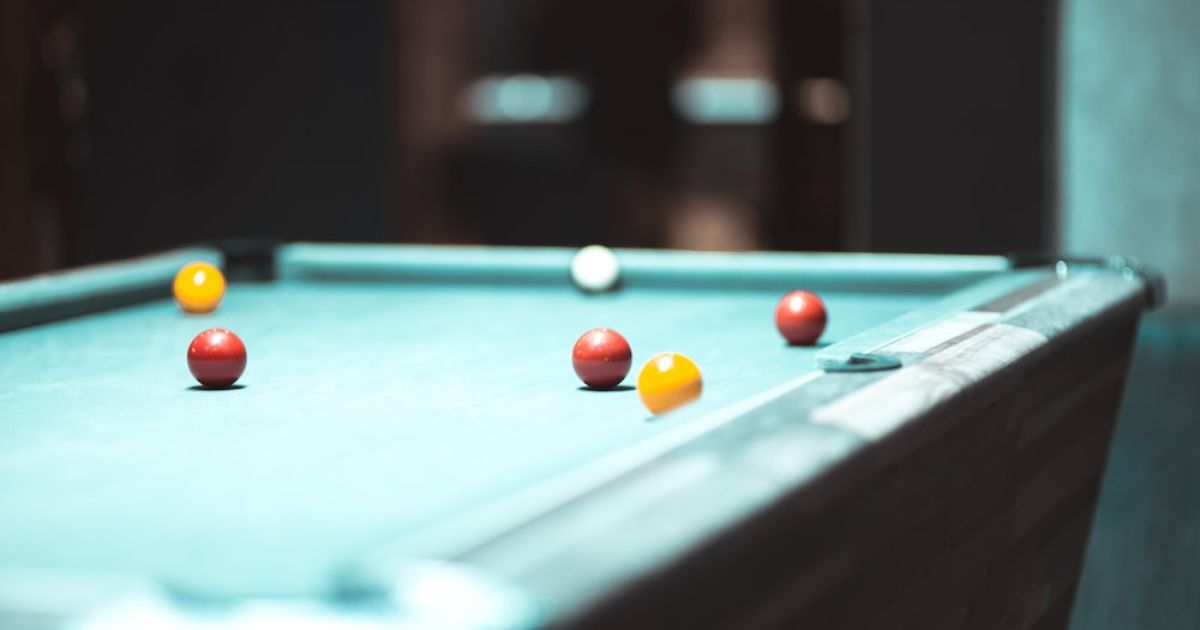
Soft bumpers are required on a pool table for a variety of reasons. You know how vital soft bumpers are if you’ve ever played on a table without them. The game would be considerably less pleasurable without soft bumpers, as well as the table would be more likely to be damaged.
Pool Table Protection
Pool tables are constructed from extremely sensitive materials. The wood is very vulnerable to damage, and if not treated right, your table can quickly become damaged. Bumpers prevent the warping, cracking, and breaking of the wood. They also keep the balls from jumping off the table and onto the floor, which might harm the table as well as the balls.
Despite pool table weight, It would be far more vulnerable to damage without bumpers, both from things and from wear and tear. You may ensure that your table will survive for years by purchasing a set of soft bumpers.
Rails Protection
There’s a danger the cue ball will chip or shatter the pool table rail if it hits it without a soft bumper. This not only detracts from the table’s appearance but also makes the game more difficult to play. Soft bumpers assist avoid this damage, ensuring that the pool table looks and performs at its best.
Noise Reduction
Without a soft bumper, the cue ball can make a loud, jarring vibration that can be rather uncomfortable. The cue ball’s contact is absorbed by soft bumpers, which decreases the amount of noise created. On a pool table, soft bumpers are so required since they serve to decrease noise.
Avoiding Unnecessary Bounce
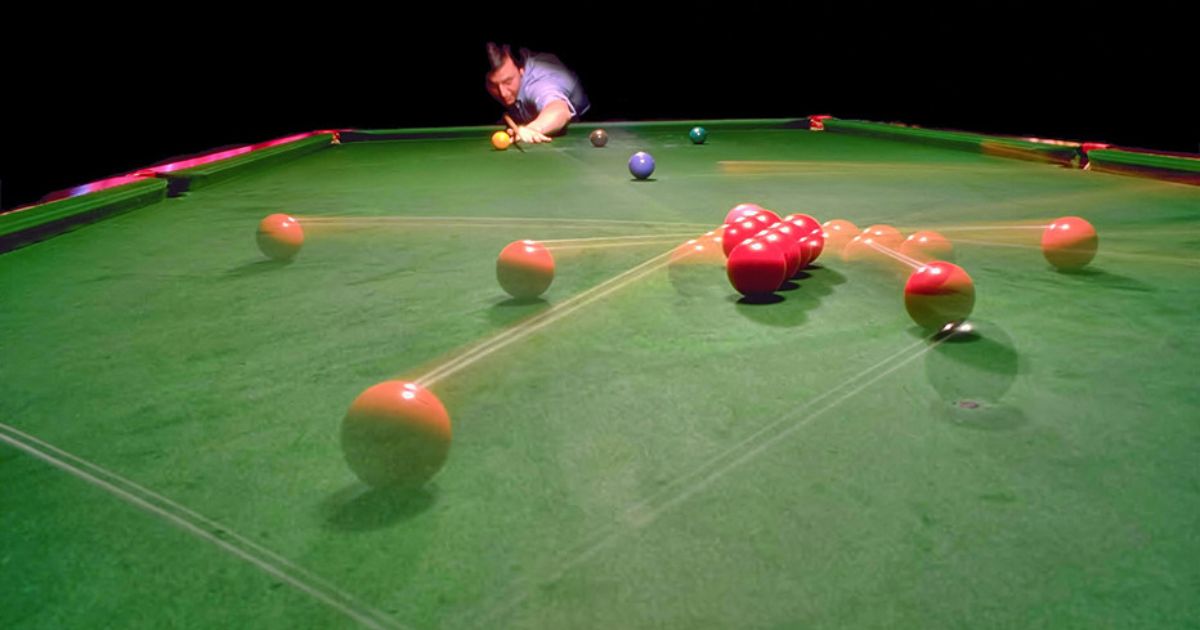
If you’ve ever played pool on a table with firm bumpers, you know how aggravating it can become when the cue ball bounces off of them suddenly.
One of the key reasons to remember how to soften pool table bumpers is to eliminate superfluous bounce. This may frequently result in some really unfortunate shots. Soft bumpers, on the other hand, assist to avoid this by cushioning the impact of the cue ball.
Rebounds
If you’ve ever played pool on a table without soft bumpers, you know how aggravating it is when the cue ball doesn’t bounce correctly off the rails. Soft bumpers assist guarantee that the cue ball rebounds off the rails in the proper manner, making the game much more fun.
Keep Consistent Speed
The necessity for steady speed is one of the most crucial characteristics of the pool. You will be able to keep a constant speed more readily if you play on a table with soft bumpers. This is due to the fact that the ball will not bounce as hard off the bumper, causing it to slow down less.
While this may not appear to be a major issue, it can have a substantial influence on your performance. Understanding how to soften bumpers and refelt a pool table is crucial in this situation. They can provide you with the continuous speed you require to succeed.
How To Soften Pool Table Bumpers
Cover and Shield
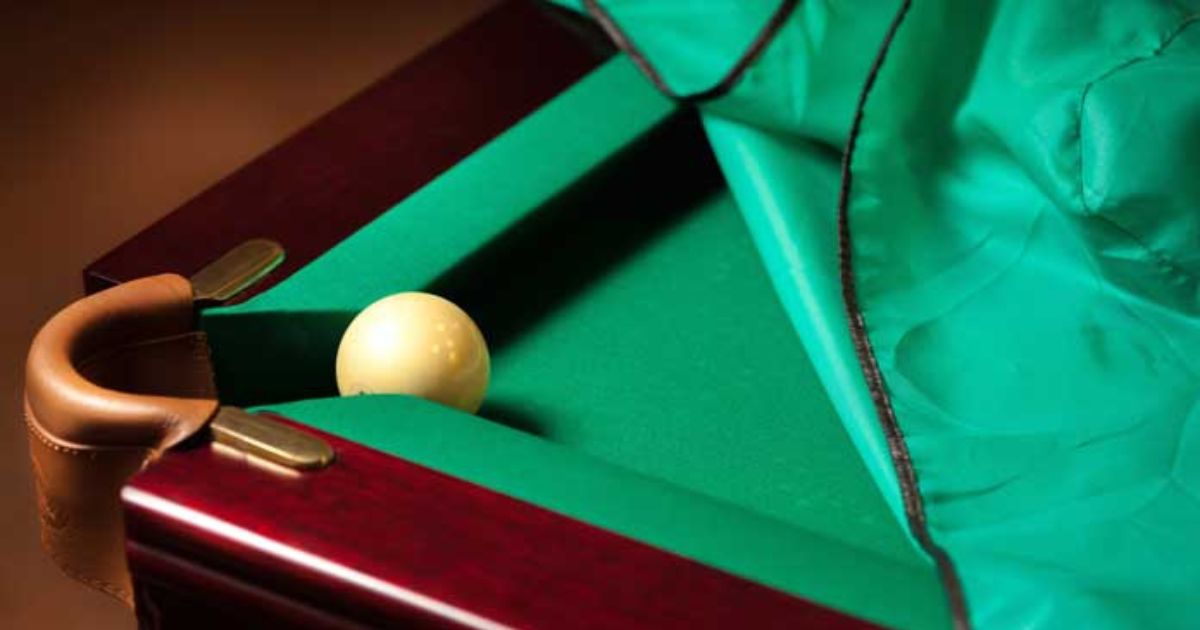
Bumpers on pool tables are composed of firm rubber and are attached to the rails, making them susceptible to hardening with time. Exposure to the elements, on the other hand, can speed up the process.
If you play pool at home, you’ve probably observed that your pool table bumpers become dirty quickly. This is due to the fact that it is frequently exposed to the elements like rain and snow, sunlight, and grime.
Your pool table’s cushions or soft bumpers will be destroyed if exposed to the rain or sun, and this will affect your game. Shielding your pool table cushion from the weather is an efficient technique to keep it from becoming hard. Simply cover the pool table bumpers with a billiards table cover to avoid this. A pool table mat can also be used to help cushion the impact of the ball.
Another advantage is that pool table covers hold your bumper in place on the table, preventing it from rolling about. When bumpers are in good shape, it absorbs the ball’s impact and allows you to make touch with it.
As a result, it’s best to keep your pool table in the den, gaming room, or basement. All of these locations are protected from the elements. If you want to keep your billiard table on the patio or outside, you’ll need to invest in a covering and know how to refelt your pool table.
Consider Room Temperature
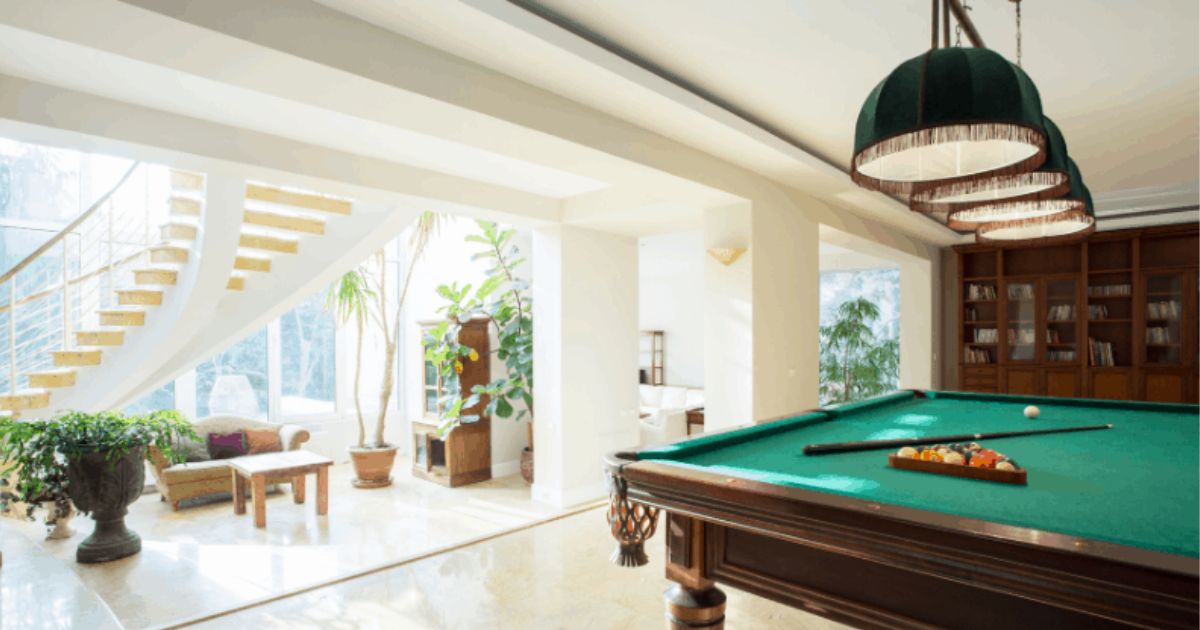
Pool table cushions can be damaged by extreme heat or cold. As you protect it from the elements outside, make sure the temperature inside is comfortable. If you keep the billiard table inside, prefer investing in insulation to assist regulate the room’s temperature.
You should make an effort to keep the space as cool as possible. Because they do not adjust the temperature in the room, this is a typical error. This does not imply the room should be overly chilly, but it is necessary to lower the temperature. If you must turn on the heat, keep it to a minimum near the pool table.
The temperature of pool tables is usually set at 65 -70 degrees Fahrenheit. If you have access to a climate-controlled environment, this is great. Otherwise, keep the temperature of your pool table as near to this as feasible.
Because of the muggy air, bumpers are prone to become hard over time and it needs a pool table bumper replacement if you reside in a humid environment. In this instance, a humidifier can be used to soften and maintain the condition of your pool table bumpers or you have to learn how to replace pool table bumpers in the right way.
Clean Balls and Vacuum Table
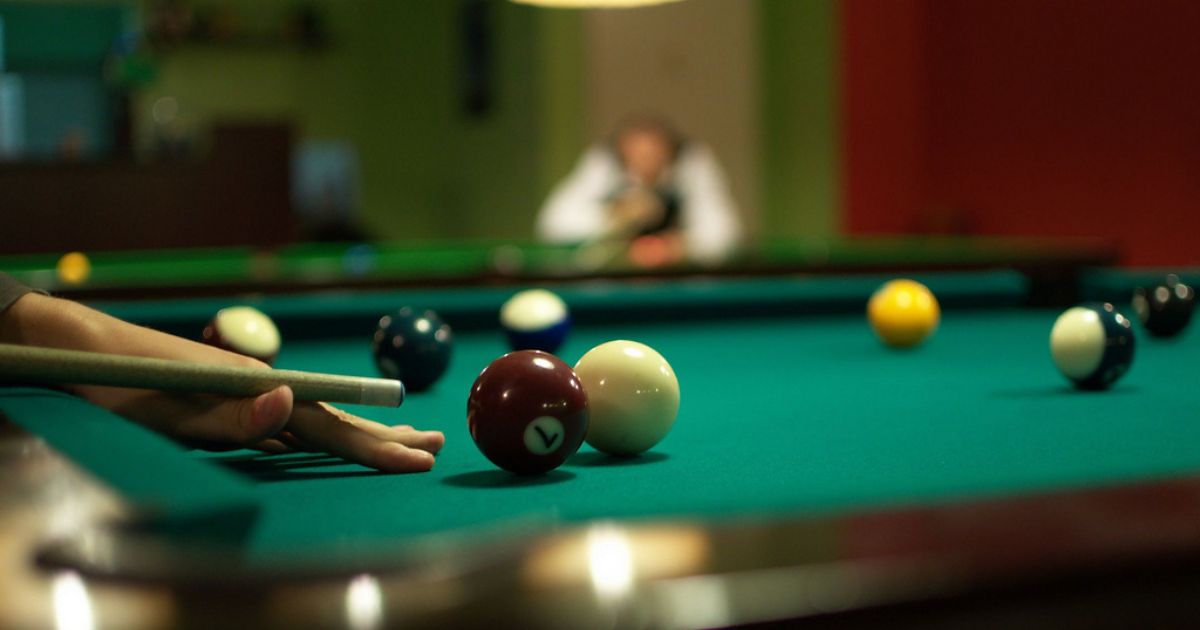
The pool table balls might become filthy after a time, inflicting wear on the surface. After playing several games, clean the balls down with a soft cloth and a heated towel.
When your table is dirty, making contact with the ball is considerably more difficult, so you’ll have to strike harder to achieve the same outcome. However, if your bumper does not absorb the impact, it may damage your ball pocket and potentially the table.
A vacuum will get rid of any dirt or grime that is rendering them unfit for play. You may clean them with a gentle soap and water solution. Before returning them to the game, make sure they are completely dry or replace pool table bumpers have to be added.
Cleaning your pool table will be something you do regularly or only a few times, relying on how often you use it. Avoid using cleaning agents when trying to clean the table, especially the rails and bumpers. These substances are more harmful than beneficial. Instead, wipe any dust off the bumpers or rails with a moist cloth.
Remove Chalk
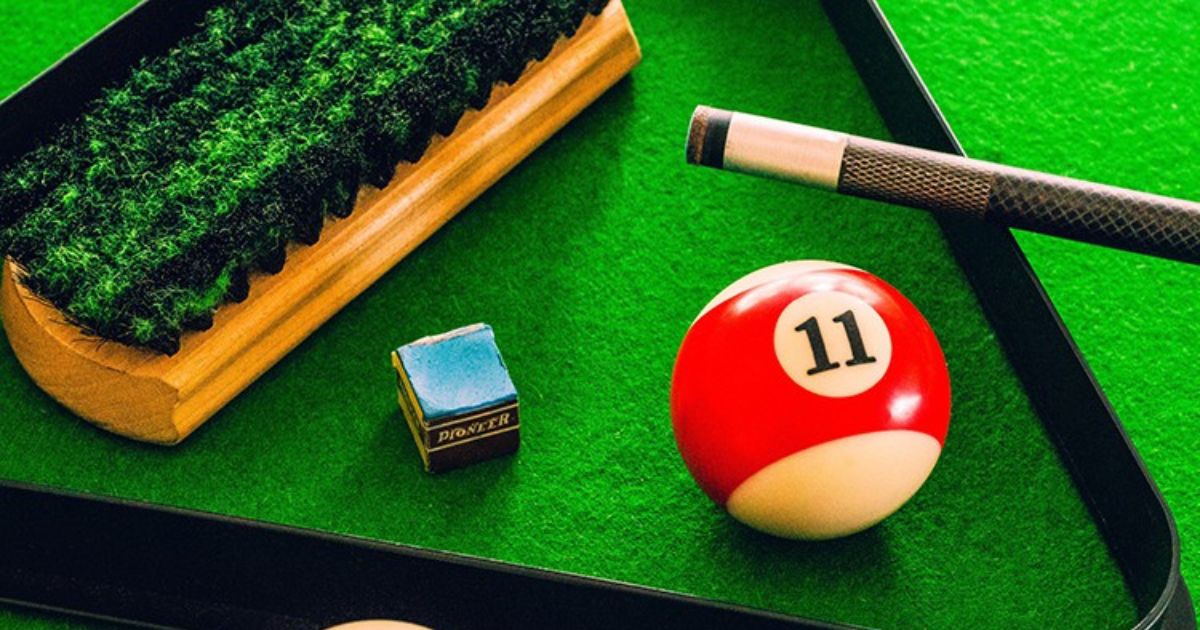
It’s critical to eliminate the chalk from your pool table bumpers if you want to maintain them soft. You may have spotted little pieces of chalk all over a pool table bumper if you’ve ever glanced at one. Chalk can stiffen the bumper and increase friction, increasing the risk of it breaking. So removing chalk is an indispensable thing when you consider how to soften pool table bumpers and felt replacement.
Insulation
Depending on how the space is set up, insulation is a smart idea. Even if your pool table is in your house, you must consider the temperature of the space in which it is located.
You must prepare the space, which includes adding insulation to the walls. If the room for a pool table isn’t properly insulated, the pool table bumpers may get too chilly to function properly, deadening their effect.
When it’s too chilly, you’ll have to make adjustments or the pool table bumpers won’t operate properly. To help manage temperatures and block drafts, add insulation. This will keep the temperature from being excessively hot or cold.
Conclusion
It’s important to know what works and what doesn’t when it comes to softening a pool table bumper. To get the most out of them, you must understand how to soften pool table bumpers. Use the above steps to soften and protect your pool bumpers and get the most value for your money.

Dave Pearson
Dave Pearson, the world's leading pool entertainer, is renowned globally as the ultimate exhibition player.
Boasting 20 world records endorsed by the prestigious Guinness Book of World Records, Dave established a legendary history in the sport industry.
